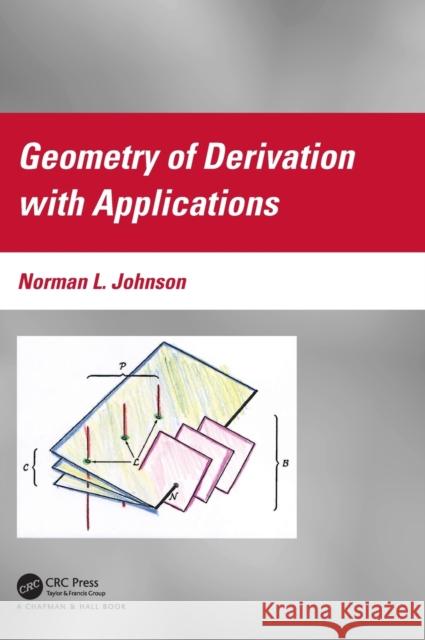Geometry of Derivation with Applications » książka
Geometry of Derivation with Applications
ISBN-13: 9781032349169 / Angielski / Twarda / 2023 / 404 str.
Geometry of Derivation with Applications is the fifth work in a longstanding series of books on combinatorial geometry (Subplane Covered Nets, Foundations of Translation Planes, Handbook of Finite Translation Planes, and Combinatorics of Spreads and Parallelisms). Like its predecessors, this book will primarily deal with connections to the theory of derivable nets and translation planes in both the finite and infinite cases. Translation planes over non-commutative skewfields have not traditionally had a significant representation in incidence geometry, and derivable nets over skewfields have only been marginally understood. Both are deeply examined in this volume, while ideas of non-commutative algebra are also described in detail, with all the necessary background given a geometric treatment. The book builds upon over twenty years of work concerning combinatorial geometry, charted across four previous books and is suitable as a reference text for graduate students and researchers. It contains a variety of new ideas and generalizations of established work in finite affine geometry and is replete with examples and applications.
Geometry of Derivation with Applications is the fifth work in a longstanding series of books on combinatorial geometry (Subplane Covered Nets, Foundations of Translation Planes, Handbook of Finite Translation Planes, and Combinatorics of Spreads and Parallelisms). Like its predecessors, this book will primarily deal with connections to the theory of derivable nets and translation planes in both the finite and infinite cases. Translation planes over non-commutative skewfields have not traditionally had a significant representation in incidence geometry, and derivable nets over skewfields have only been marginally understood. Both are deeply examined in this volume, while ideas of non-commutative algebra are also described in detail, with all the necessary background given a geometric treatment.
The book builds upon over twenty years of work concerning combinatorial geometry, charted across four previous books and is suitable as a reference text for graduate students and researchers. It contains a variety of new ideas and generalizations of established work in finite affine geometry and is replete with examples and applications.











